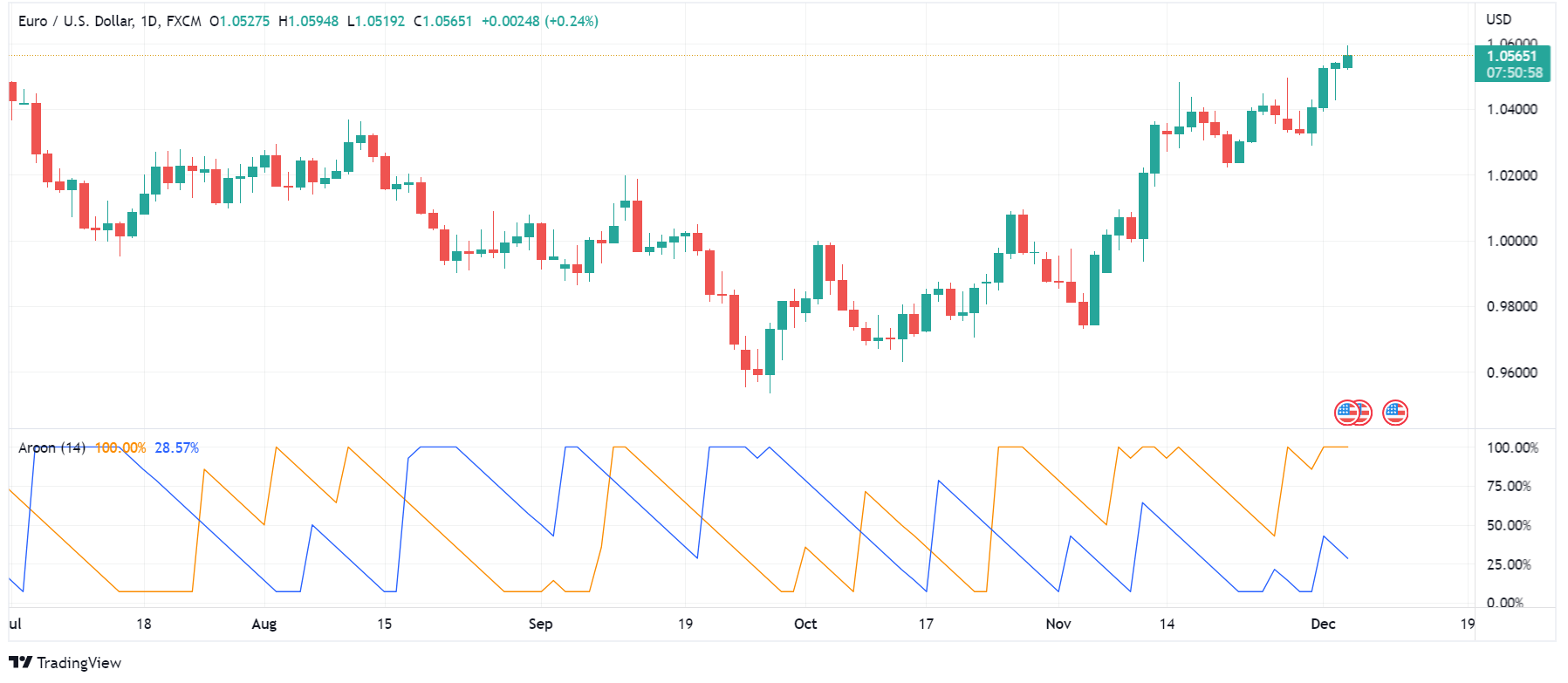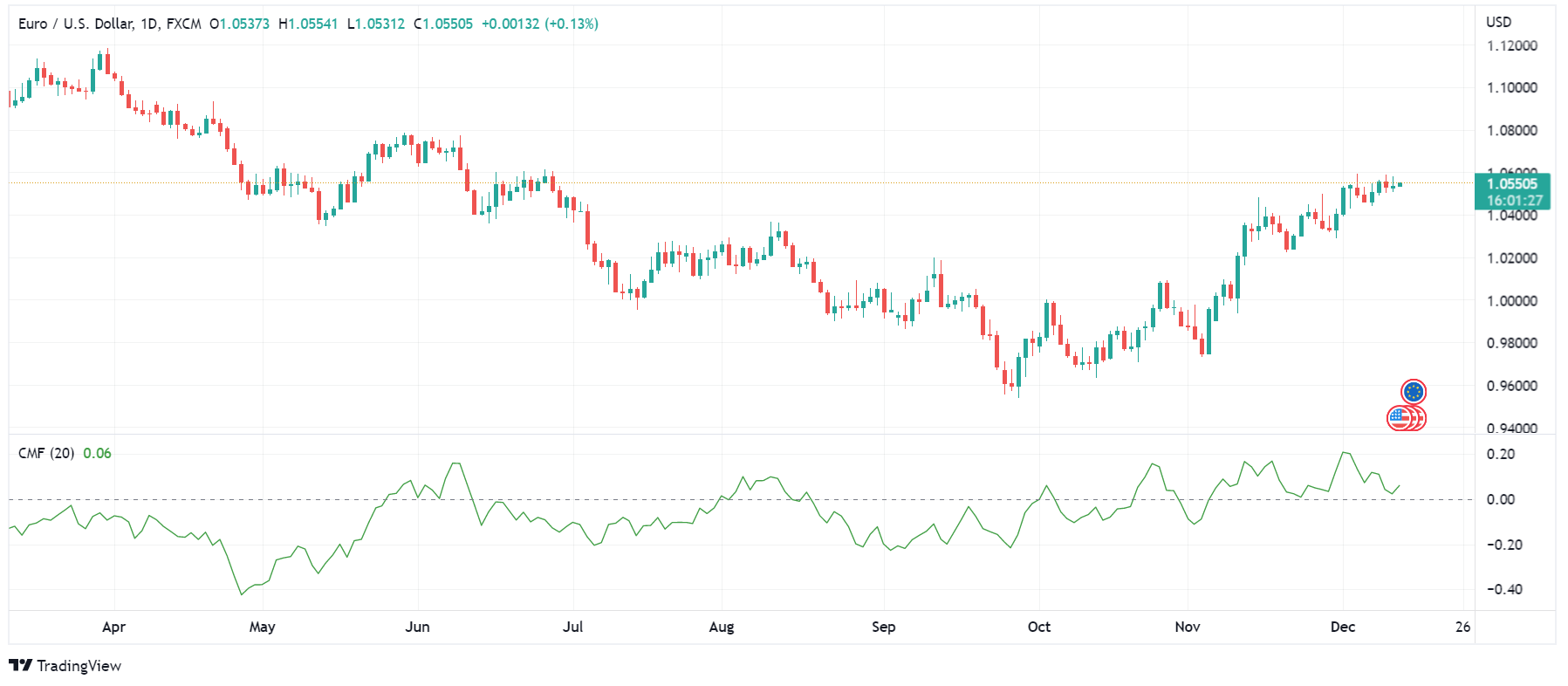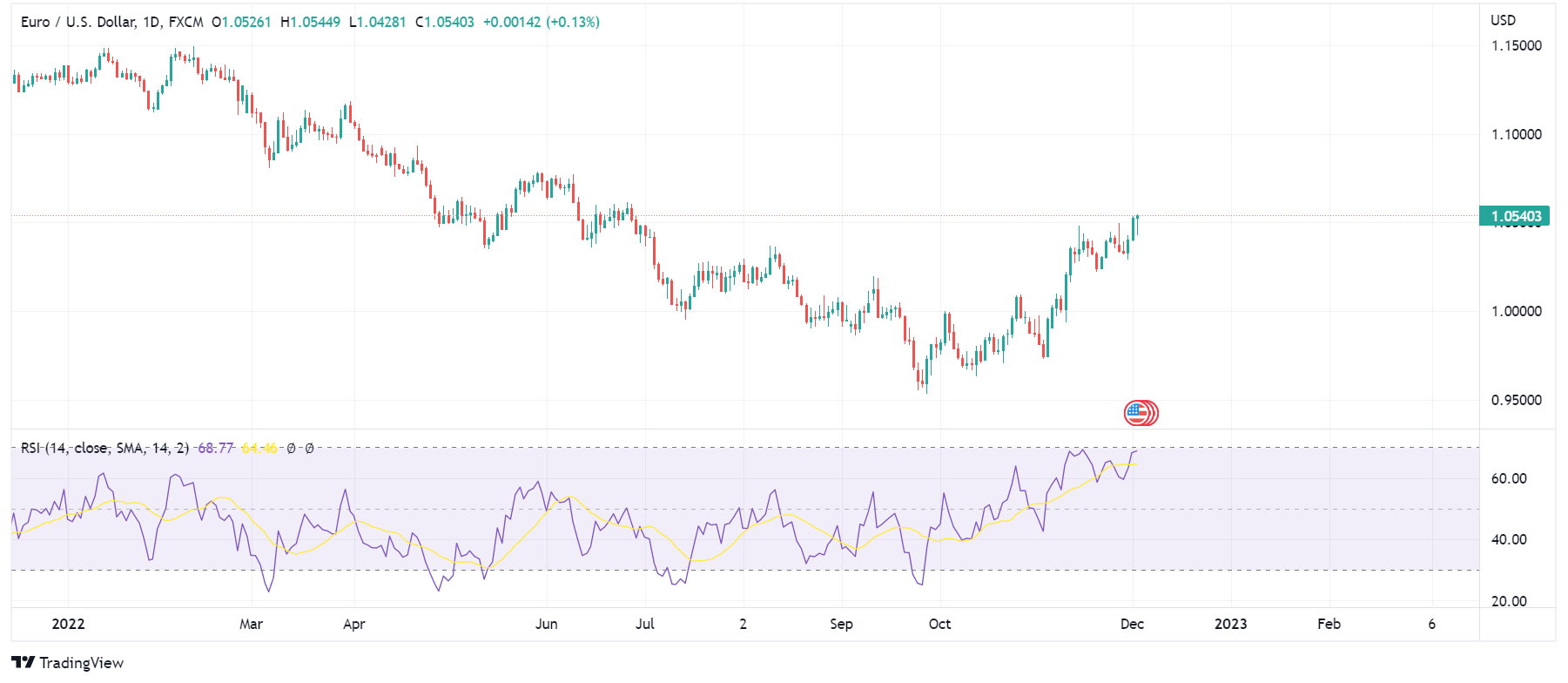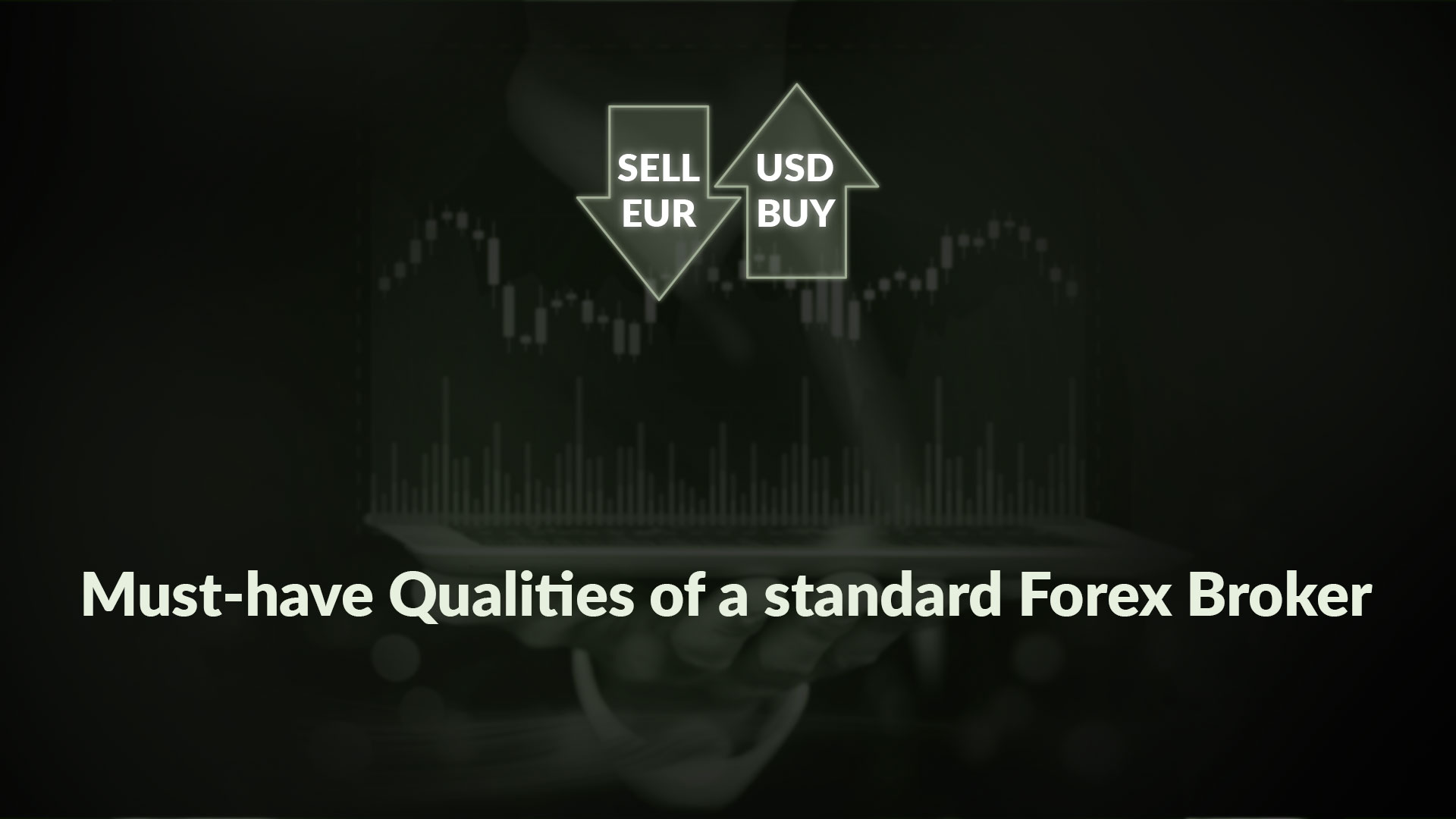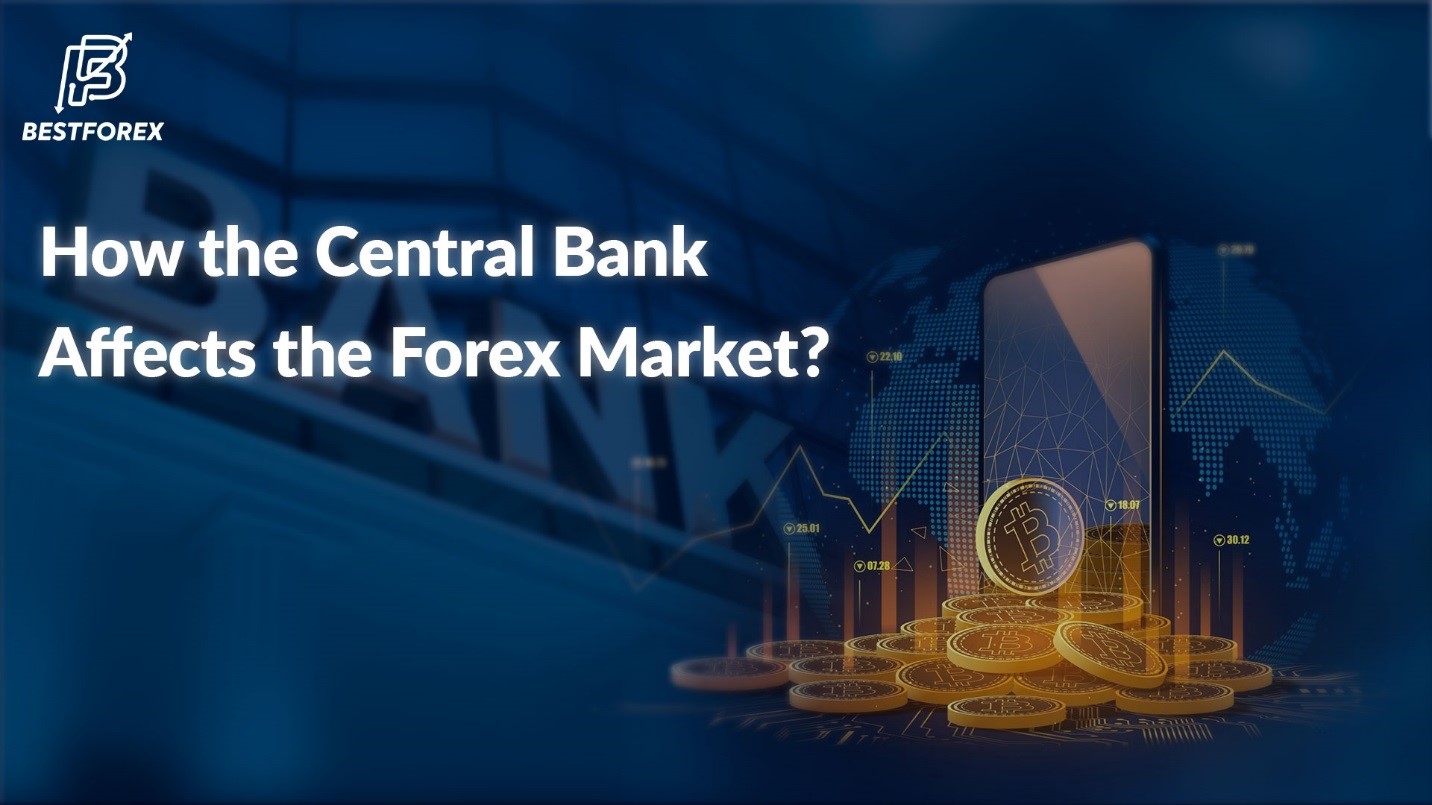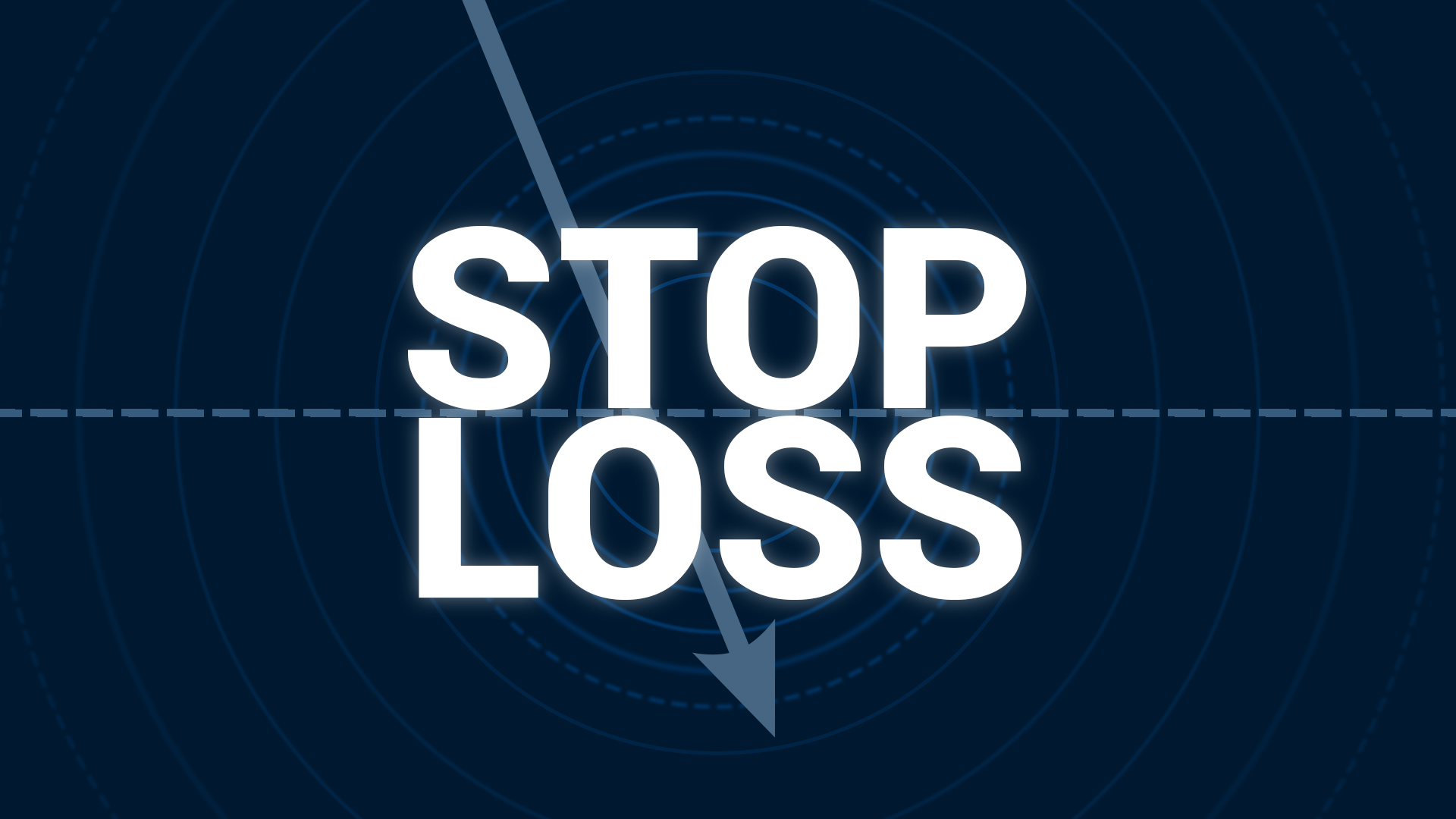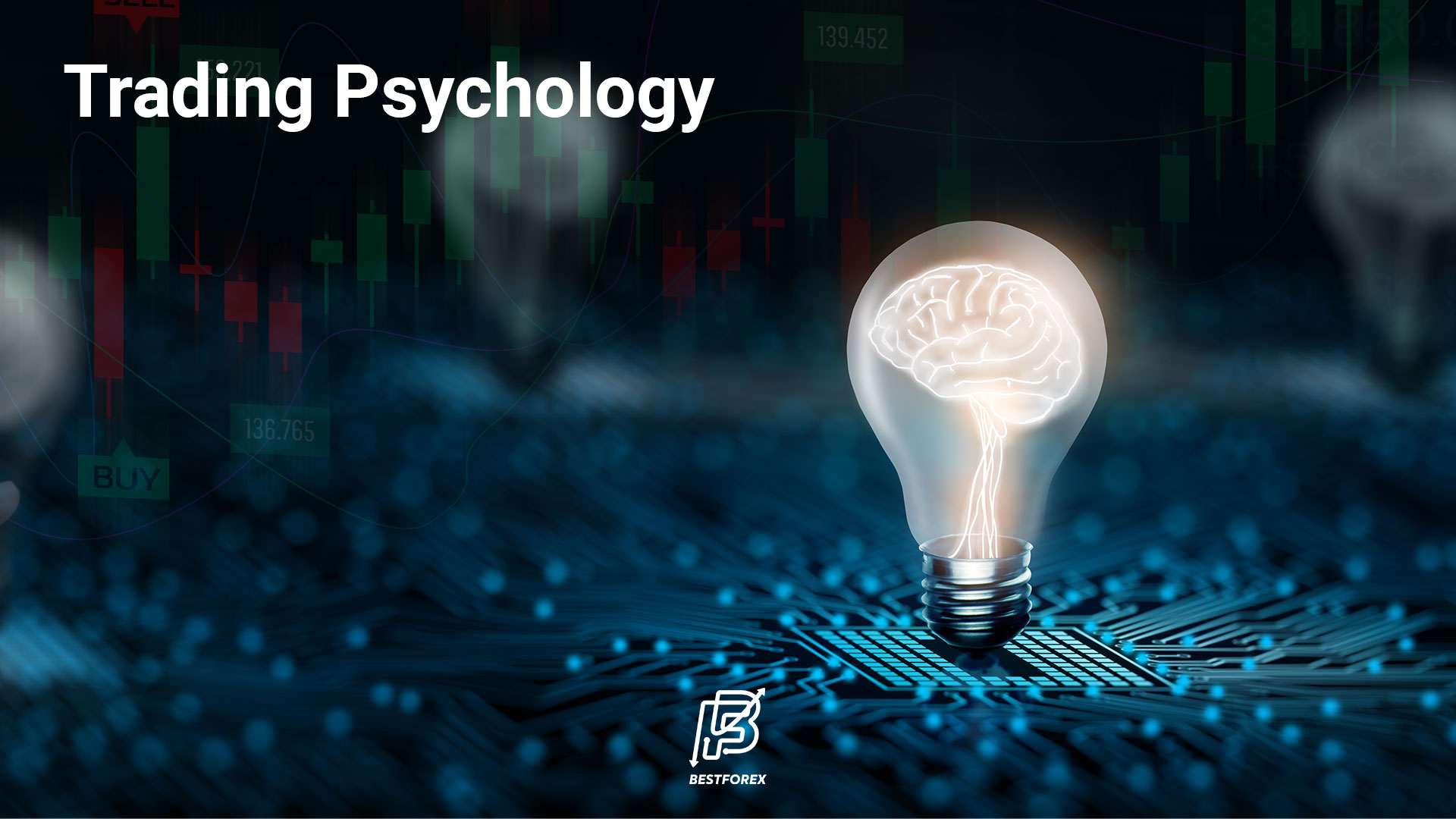
Introduction
Aside from the technical and fundamental knowledge required for successful trading, traders also need to pay attention to trading psychology. Trading psychology prepares traders to handle the mental pressures that they encounter during their trading experience. In other words, psychological preparedness must accompany the trading knowledge to increase the likelihood of winning. Unfortunately, most novice trades take trading psychology for granted and spend almost all their time learning to analyze the price movements on the chart. This article will elaborate on traders’ mentality and shed light on the destructive feelings a trader might experience.
What is Trading psychology?
Trading psychology regards the emotions a trader experiences in their trading journey. It investigates traders’ expectations before opening a position and how these expectations change while the position is in progress, and how traders think of themselves once they log out of the trading interface. This article will go through the most prominent feelings in each stage and briefly describe how these feelings can wear out your mind (Self capital) and money (financial capital).
Believe in yourself but avoid overconfidence.
The fact that you are reading this article shows that you are seriously considering the financial markets as a means of income. It also indicates that you believe that you can rely on yourself to earn an income rather than depending on an employer. However, even though financial markets are a lucrative source of income, you will need intensive training to understand the market dynamics and extensive experience to predict the next price movements. Note that, as a beginner, you cannot permit self-made trading tricks or trading signals from external sources to give you the impression that the market is like a map in your hands. Any expert trader was once a simple imitator of the tried-and-true strategies devised by senior traders. As time goes by and your experience broadens, your unique trading strategies will automatically emerge.
All things come to those who wait!
We can say with some confidence that financial markets are immortal, and you always have the chance to participate in market circulations. Put another way, you have unlimited possibilities to take profits from the market, so there is no need to rush into a position and later regret your reckless behavior. On the other hand, you can seldom find entry points that are 100% in accord with your trading strategy and you should not miss the positions that have high chances of winning.
Do not trade in very short time frames in the beginning.
Some trading strategies are designed particularly for short time frames, and some scalpers even open positions for as short as 30 seconds. These are traders who have internalized knowledge of the market and trading skills. Trading in short time frames is highly overwhelming for novice traders and will most likely deteriorate their capital over time. You should consider that even when you are relatively prepared for trading, you will feel stressed in your first encounters with your real trading account. But as your exposure to the trading ecosystem increases, you will gain more control over the trading interface.
Use a demo account before trading in the real account.
One of the recommended solutions to being prepared for trading in the real account is practicing your strategies beforehand in the demo account. The demo account gives you a specific amount of simulated money that you can use in a simulated trading interface that imitates the real interface. Demo accounts allow novice traders to navigate through the trading interface and place orders without worrying about accidentally executing an order. Furthermore, advanced traders can check the winning ratio of their new strategies without risking their real capital. Either way, the demo account can boost your confidence for trading in the real account and reduce the likelihood of losing money due to technical mistakes.
Of course, some traders oppose the above view and believe that trading in the real account will be stressful no matter how much you have practiced in the demo account. Those who are against using demo accounts assume that demo trading usually has high winning ratios and gives the trader a false sense of confidence, and when the demo trader participates in the real market, their winning rates plummet.
Do not let commercials cloud your judgment.
‘Become a billionaire in 20 minutes’, ‘triple your capital’, or ‘change your life for good’. These are a few instances of the slogans and ads you see and hear every day on YouTube, Google, Instagram, and other websites. There is a good chance that these ads have tempted you to open the link and make some quick money, especially if you are in need. In fact, such ads usually target potential customers with low budgets but great expectations. In addition, advertisements usually introduce trading as a license to print money while it is not precisely the case. Trading is a shortcut to earning more money, but it requires great effort. Unfortunately, most advertisers in the field emphasize the first part and do not inform the target audience of the required efforts.
Be realistic about your resources.
You need to keep an open mind about the size of your capital and be realistic about your targets. Those who gain immense profits from the market, have a larger investment than other things. Simply put, you cannot expect too much profit in too little time. Greed makes you violate all of the trading principles, and if you do not stop it, it will end in anxiety and, ultimately, depression. Of course, there may be a few instances where novice traders gain a fortune in financial markets, but luck is not persistent, and if they follow a greedy trading style, their margin will eventually be called.
Keep calm and learn!
Anxiety is another widespread feeling among all traders, but novice traders feel more anxious than professional traders. Anxiety is quite natural when your capital is at stake. Interestingly, regardless of whether the price is moving in favor of your position or against it, you will feel anxious. For example, when you take a long position, and the price is going up accordingly, you are constantly worried about a retracement or reversal. If the price is going in the opposite direction, you are nervous about whether it hits your stop-loss. It is worth mentioning that we are talking about trading-induced anxiety, and if you always feel uneasy, you had better see a professional therapist.
Trading anxiety has several reasons, and the most prevalent cause is a lack of adequate trading knowledge. When you are not aware of what drives the price upwards or downward or cannot predict the next price movements, you will feel anxious. The second source of anxiety is the placement of large orders that seriously threatens your balance if the price goes against your position. The third cause of anxiety is overtrading. Trading is mentally cumbersome, and if you keep trading for a long time in a single session, you will feel more anxious as you get tired. Generally, your anxiety increases if you start trading without having designed a trading roadmap in advance. Another solution to trading anxiety is consulting a professional trader. Even if you have sufficient knowledge of the market dynamics, an experienced and professional trader can comfort you when you encounter new situations and feel nervous.
Set a trading plan for yourself.
Overconfidence, impatience, anxiety, and greed threaten every trader’s psyche. These feelings do not come in separate phases. That is, we are experiencing them all at once, but usually, one feeling is more potent than others. For example, when you are anxious, it is probably because you do not trust your trading strategy and have a fear of losing your position.
The key to overcoming these feelings is to set a framework that illustrates the risk tolerance of your balance and sets feasible targets for you. Obviously, a trader needs to have discipline and avoid haphazard decisions for opening or closing positions. A successful trader is not one who abandons all emotions and trades robotically but rather one who shapes and leads these feelings into a favorable path.
We will elaborate on two other important factors in trading psychology, i.e., risk-taking and discipline, in another article. If you are interested in more in-depth knowledge of trading psychology, Mastering Trading Psychology by Andrew Aziz is a valuable source you can refer to.
You can read more articles on asset trading here.











